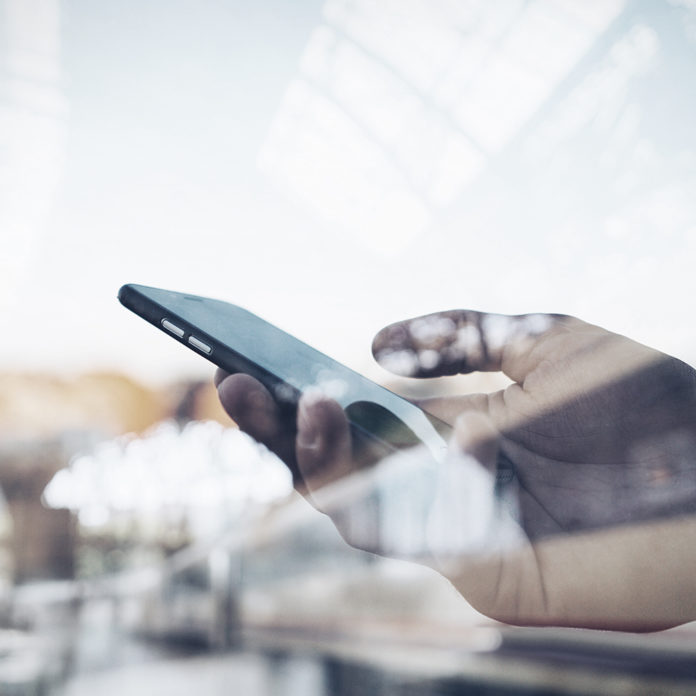
If you’re a techie, you would have been following the current unfolding privacy saga in the United States.
Apple CEO Tim Cook is defending his company’s decision not to unlock an iPhone 5c which belonged to a now deceased terrorist, on behalf of the Federal Bureau of Investigation (FBI) and, by extension, the US government.
Just to bring you up to speed if you haven’t followed the case:
In December last year, a heavily armed couple killed 14 people and wounded at least 17 in a shooting in the US city of San Bernardino, California. The male shooter was identified as Syed Rizwan Farook.
To cut a long story short, Mr Farook’s phone has been seized by the FBI. However, like most iPhones, it has a passcode – and now the FBI has gone to court to force Apple to unlock the phone. They believe the phone may contain information about the shootings and other possible terrorist plans.
And now, the dilemma: Apple CEO Tim Cook has basically refused to do so. He argues that it isn’t just about the current request – instead, it’s about what similar requests come come in future.
That I understand. Where does one draw the line?
I am quite conflicted on this, however. Conflicted enough to have run a Twitter poll on the matter! (Because that’s how you decide on very important real life matters.)
At the time of writing this, the Twitter Poll has been running for 47 minutes, with 16 votes. The poll stands at 62% of votes arguing that Apple shouldn’t unlock the phone, as it sets a bad precedent. On the other hand, 38% of respondents feel it’s the right thing to do.
There have been some convincing arguments on both sides.
One of the most notable characters to weigh in on this one has been Microsoft Founder Bill Gates. This week, Gates came out calling for Cook to comply with the US government’s request. While he made it clear that he believed in protecting the right to privacy, he also said the following: “This is a specific case where the government is asking for access to information. They are not asking for some general thing, they are asking for a particular case. It is no different than [the question of] should anybody ever have been able to tell the phone company to get information, should anybody be able to get at bank records. Let’s say the bank had tied a ribbon round the disk drive and said ‘don’t make me cut this ribbon because you’ll make me cut it many times’”.
I understand what Gates is saying: it is a once-off request and not one that allows the gates (excuse the pun) to stay open indefinitely.
But the other side of the argument is just as compelling. Today the FBI asks for the code, tomorrow they’ll ask for more, and more and more. And because there is a set precedent, especially by a court of law, it becomes harder to determine what is in the interest of safety and what constitutes a violation of customer privacy.
I’m also not sure how many smartphone users would be comfortable with the idea that the FBI or any other entity can request to break into their phone at their convenience.
There is one other aspect to this dilemma: Mr Farook is dead.
Does this change things? Because a dead person cannot have a right to privacy? Or do they?
I’ll let you decide.
What are your thoughts on the matter? Share them below.
